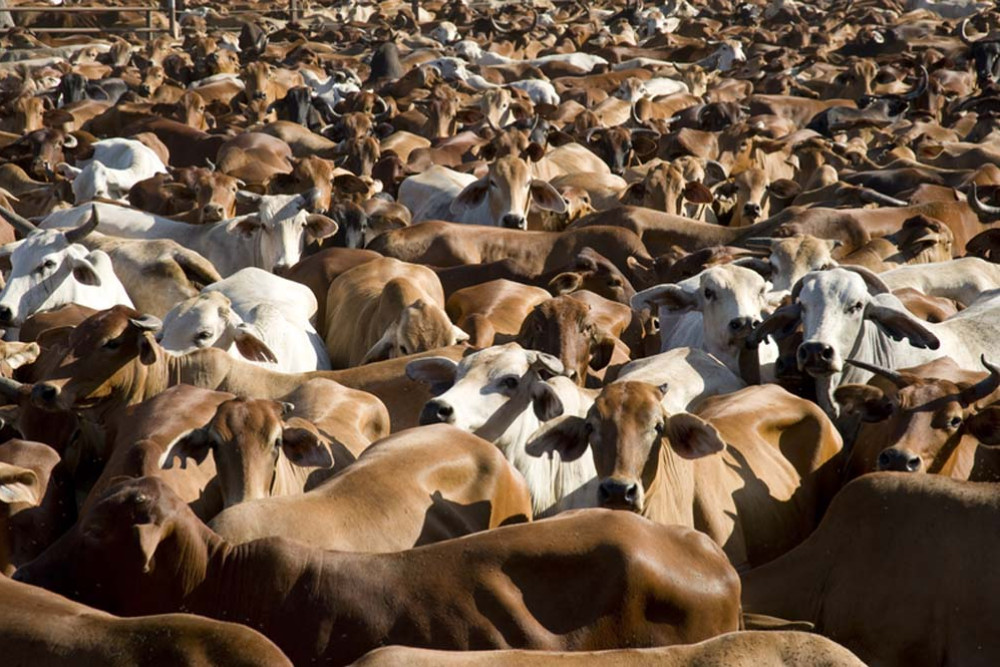On The Land
10 July, 2024
Methane reducing feed trials delivering positive results
POSITIVE top-line results from three cattle trials of a methane reducing feed additive have been reported by Rumin8.

The cattle trials – lasting between 75-130 days and involving 92 head of cattle – recorded reductions of methane intensity of up to 86% and weight gains ranging 8.4% to 12.5% higher than control groups that were fed the same base ration.
The trials were undertaken by independent universities in Australia, the United States and Brazil and funded by Rumin8.
Analysis of three cattle trials showed that cattle produced less methane and gained more weight each day, on average, when fed Rumin8’s development stage methane reducing feed additive.
The studies were a combination of feedlot and grazing productions systems.
Study 1 comprised 24 animals, with three treatments and a duration of 12 weeks. Liveweights were measured weekly and animals were group housed, but individually fed.
Study 2 comprised 20 animals with four treatments with a duration of 77 days. Study 3 comprised 48 animals with three treatments in a grazing system with a duration of 130 days.
“Weight gains are pivotal for the commercial adoption of methane reducing feed and water additives in the cattle industry,” Rumin8 CEO David Messina said.
“At the very least those weight gains have the potential to offset some of the cost of these additives, all while helping the planet.
“The main question from farmers when we have released methane reduction results has been: ‘how will your product impact my productivity?’ These trials are helping us generate the data required to potentially answer these questions.
“While our number one focus remains on reducing methane production to address the critical climate risk that this gas presents, we are particularly interested in these initial weight gain figures, because productivity improvements are of high interest to farmers.
“When Rumin8 was founded, our hypothesis was that productivity gains could be achieved by reducing methane because considerable energy is ‘lost’ during the rumination process, when feeds are converted to methane.
“So, if we could successfully change that process in the rumen, and also maintain or increase feed intake, that previous lost energy could be converted into extra meat
or milk.”


